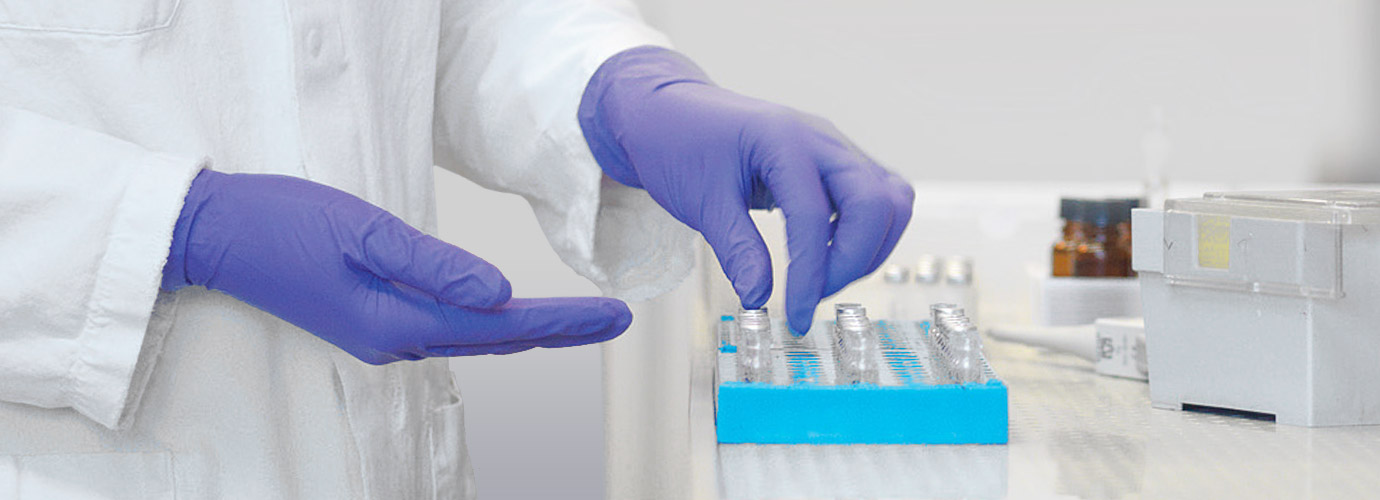Inadequate iron supply in fully breastfed infants aged 6 to 12 months

09.2021
Author Prof. E. Harms, University Department of Pediatrics Münster
An adequate iron supply is not only important for erythropoiesis, but also for neurocognitive development, for example. Since the prenatally acquired iron stores are gradually depleted during the first six months of life, iron supply is a big issue for the particularly critical developmental phase between 6 to 12 months of age. US scientists have calculated the daily intake and absorption of iron for this age group based on the Feeding Infants and Toddlers Study (FITS) database of dietary intakes from 2016 [1].
They looked at three groups:
1. exclusively breastfed infants
2. partially breastfed infants
3. exclusively formula-fed infants
The daily absorbed iron requirement for infants aged 6 to 12 months is 0.69 mg, which was used as the basis for all further calculations. Iron absorption rates vary greatly depending on the type of food: human milk 50%, meat products 20%, nonhaem sources 5%. Based on the dietary intakes of the FITS study children, the authors calculated mean values of daily absorbed iron: exclusively breastfed 0.4 mg/d, partially breastfed 0.6 mg/d, formula-fed 1.0 mg/d.
Result: This means that the daily iron absorption in exclusively breastfed infants was below the recommended value, leading to a further depletion of iron stores.
Reference:
[1] Abrams SA, Hampton JC, & Finn KL A Substantial Proportion of 6- to 12-Month-Old Infants Have Calculated Daily Absorbed Iron below Recommendations, Especially Those Who Are Breastfed. J Pediatr 2021;231:36-42.


